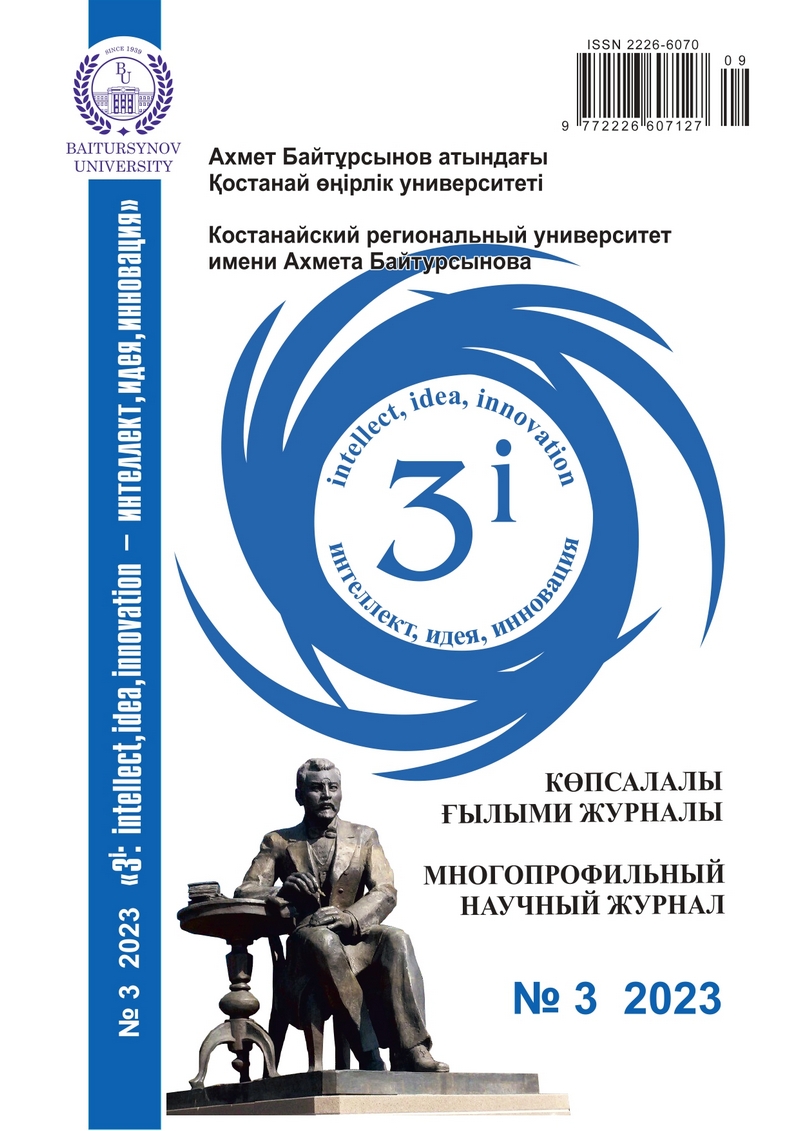SEROLOGICAL MONITORING FOR THE PRESENCE OF VIRUS-NEUTRALIZING ANTIBODIES IN DOMESTICALLY VACCINATED CARNIVORES AGAINST RABIES
DOI:
https://doi.org/10.52269/22266070_2023_3_10Keywords:
rabies, vaccination, serum, Republic of KazakhstanAbstract
The article shows the results of serological monitoring of dogs vaccinated against rabies inhabiting urban and rural areas of the Republic of Kazakhstan. During the field trips to Petropavlovsk, Almaty, Shymkent, and rural districts of the North Kazakhstan region (Yesil, Kyzylzhar) and Zhambyl region (Baizak, Zhambyl), according to the scientific project schedule, a group of researchers collected serum blood samples from dogs vaccinated against rabies using the vaccines produced by various manufacturers, regardless of dog gender, aged from 1 to 15 years. The mentioned locations of blood samples collection were determined based on the study of the epidemiological characteristics of the country's territory over the past ten years in terms of animal rabies.
The blood serum was analyzed using the available method, i.e. the “ELISA test system for determining the level of antibodies to the serum rabies virus in animals vaccinated against rabies using the indirect ELISA method” (manufacturer FSBSI «Federal Center for toxicological, radiation, and biological safety», Russia).
The results of post-vaccination serological studies of blood serum collected 1.5-5 months after vaccination from dogs of different age groups and gender, inhabiting the northern and southern regions of the country, immunized with inactivated rabies vaccines, indicate the establishment of the adequate protective barrier for the susceptible population of domesticated carnivores.




